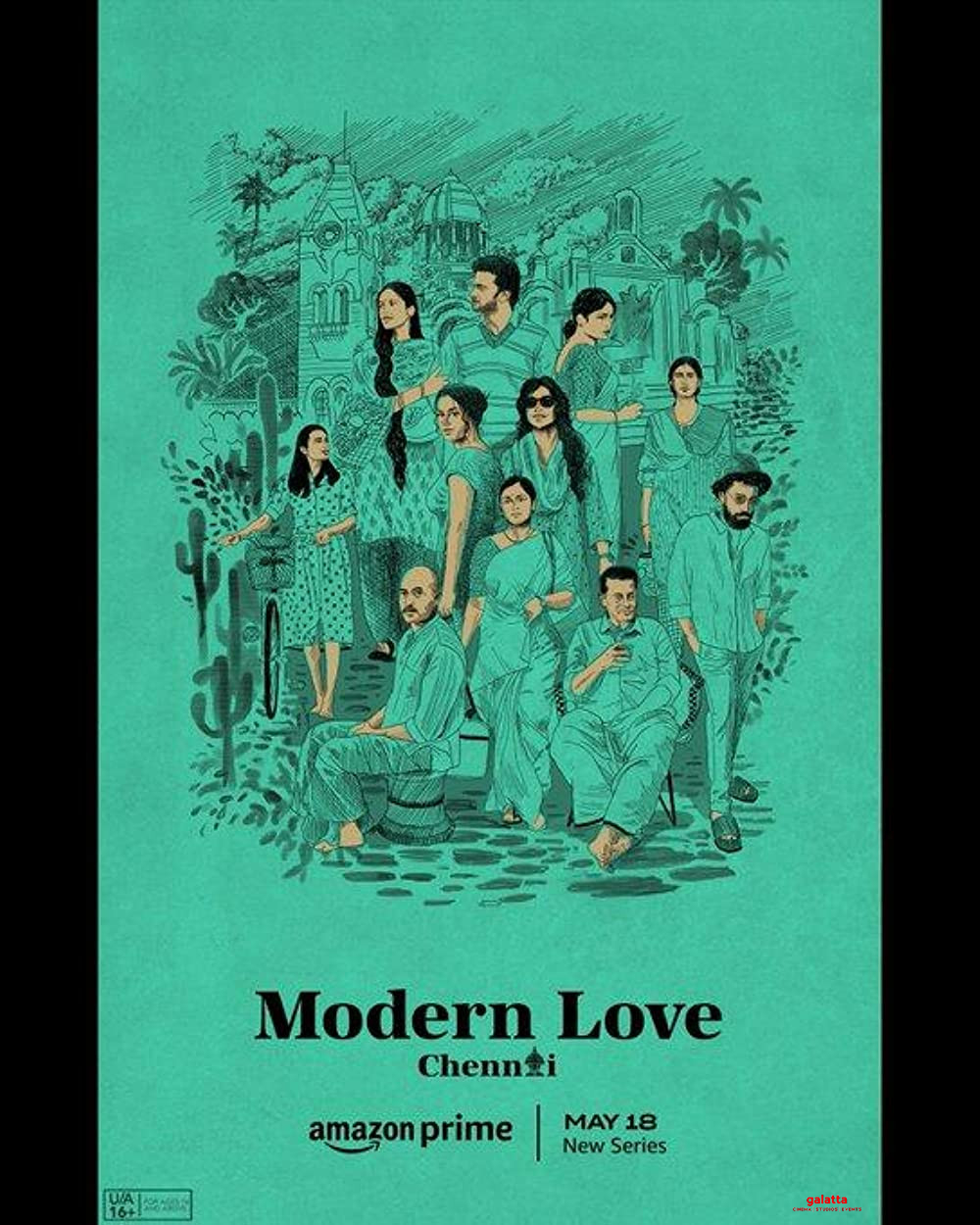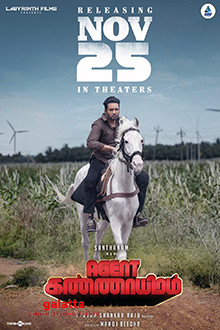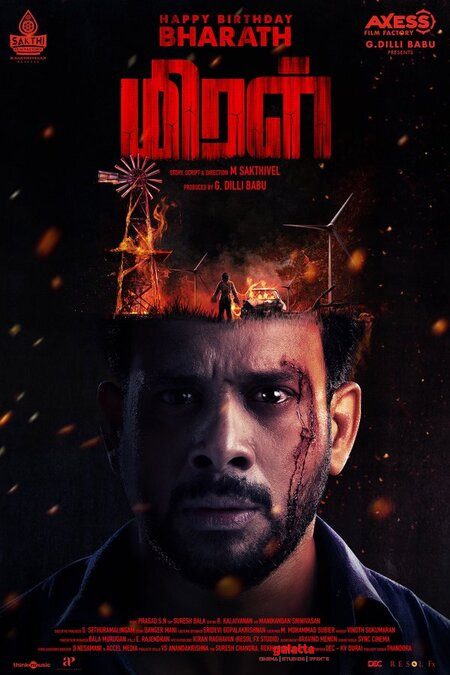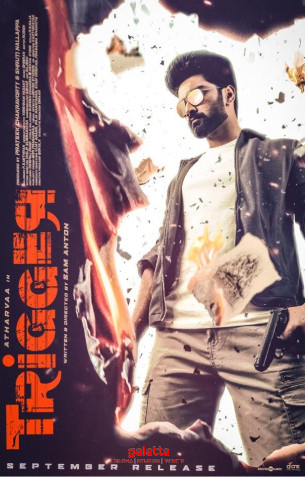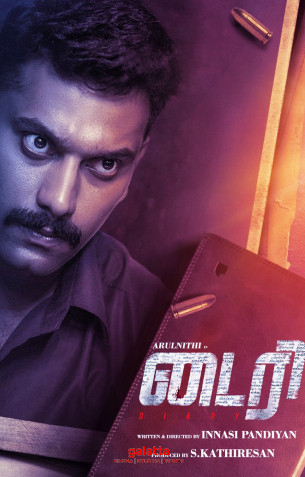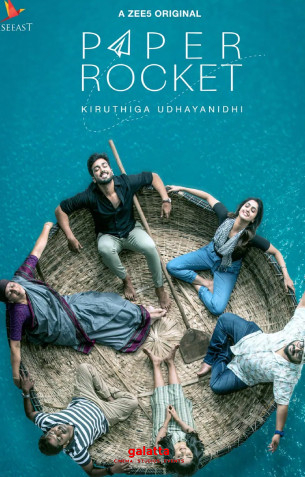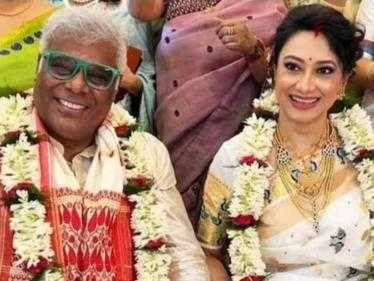Daredevil Musthafa Movie Cast & Crew
Very early in Daredevil Musthafa, we see this line: "For the first time, the fans of a writer have produced a film." The writer is Poornachandra Tejaswi, and the fans are those who crowdfunded this film directed by Shashank Soghal. Poornachandra Tejaswi is seen in a black-and-white interview clip, where he says that college-goers have a great future. He then adds a disclaimer. "But when I see them at the forefront of communal violence, I wonder if they have a future." That's the crux of the narrative. It's about the fear of the other, which leads to suspicion and hate and anger and – if unchecked – leads to communal violence. The other in this story populated by names like Shankara and Sampath Kumar and Ramanuja arrives in the form of Musthafa. When he enters the classroom, there's a collective gasp – as though an alien has been sighted. In a lovely touch, his name is so long that it has to be scrunched up while being written in the register – and this leads to people trying to "decipher" the unintelligible name as though in a Sherlock Holmes mystery.
It's not just the name that's unintelligible. In this small fictional town (named Abachuru), everything about Muslims is a mystery that needs a Sherlock Holmes to decipher: from their food to the jobs they take up to their festivals. The Hindu boys in the college (that is, everyone except Musthafa) are not evil. Look at the stretch where four of them go into hiding and even contemplate suicide because of such a silly reason. They're just innocents – and their resistance to Musthafa comes from ignorance. (Musthafa, played by Shishir Baikady, is an "outsider" in more ways than one: he's also from another town.) They've never had Muslim friends, and in one boy's case, there's a deeper, more personal reason. We get a hint about this in a scene where he puts on his shoes and the camera – at foot-level – gazes at a pair of slippers that has clearly been unused for a while. It’s tucked away near the wall, like a distant memory.
The most famous – or, at least, legend-making – crowd-funded film of Kannada cinema is Pawan Kumar's Lucia, from exactly ten years ago. Daredevil Musthafa is not as accomplished a movie. The technical aspects are solid, but basic. The performances and the episodic screenplay are broad – during the half-hour cricket match at the end, we get a few boys grinning evil grins at the camera so that we know they are up to no good. The scenes could have been tighter. This is not about the two-hour-forty-minute length of the film, but about the looseness of some of the writing. But the major strength of Daredevil Musthafa is its innocence, its low-key charm. Instead of a "feature film," we get the feel of a parents' day skit done by a bunch of super-enthusiastic students. You really get the feeling of being lost in a particular place and time.
And it's refreshing to see the messaging come right out of the events rather than being put out as preachy dialogues. Note the way Musthafa is mocked for not being able to recite a Kannada poem, after which he makes it a point to improve himself. It would have been so easy to milk this situation for sympathy, but what we're told, instead, is that feeling sorry for oneself is useless. This is positive messaging of the finest kind. The story’s antagonist, so to speak, is Ramanuja Iyengari (Aditya Ashree), and he is the conduit for everything the film has to say about religious tolerance. And yet, the writing takes care to show why he is this way, and one of his final scenes involving a family photograph is genuinely heartfelt. There are plenty of laughs that remind us of our own days in school and college, but the ending isn't about "they all lived happily ever after". Something happens that makes us wince… if only things had ended differently. That unresolved emotion is what many short stories leave us with. We want things to be wrapped up in a neat bow, but life isn't always like that.




